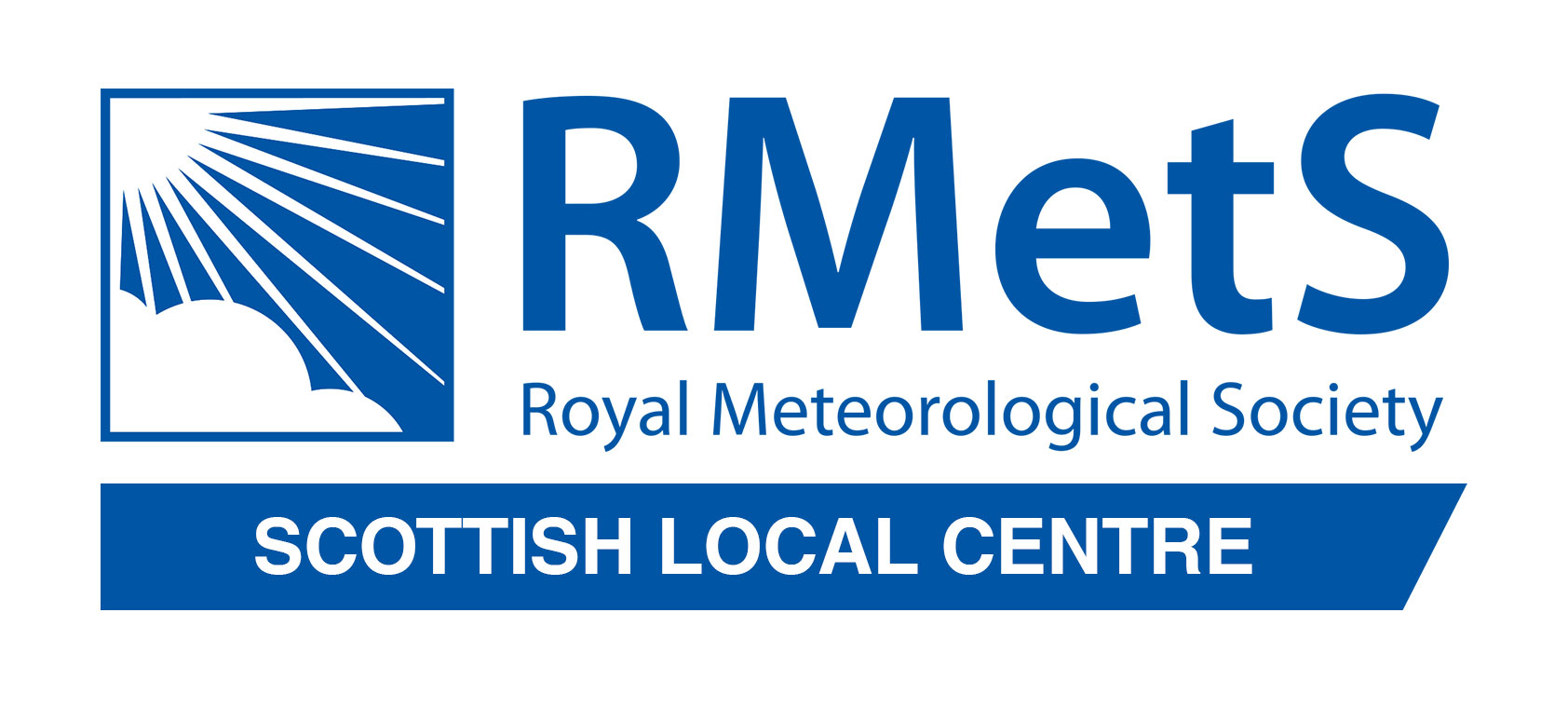

Ensemble and Probability Forecasting
LOCATION
Institute of Geography
University of Edinburgh
Drummond Street
Edinburgh EH8 9XP
2022 marked the 30th Anniversary of the first medium-range ensemble weather forecasts from both ECMWF and NOAA in the USA. Ensemble prediction, in which the forecast model is run not once, but many times from slightly different initial states, is designed to address the chaotic nature of the atmosphere and help us to understand the synoptically dependent uncertainty in the forecast. This recognises that no forecast is really complete without an estimate of the uncertainties. The Met Office first introduced its MOGREPS ensemble system in 2005 and its high-resolution MOGREPS-UK in 2012 which attempts to address uncertainty in the short-range forecast, including local details of weather such as heavy rain from convection. Fundamentally, weather forecasts are of no use unless people make decisions based on them. Research over the years has clearly shown that ensemble forecasts are more skilful than deterministic ones, and that they can support better decision-making. As a result, ensembles have become increasingly central to our forecasts systems such that within the next year or two both the Met Office and ECMWF will cease to run separate high-resolution single-member deterministic forecasts, and the ensembles will be the core NWP (Numerical Weather Prediction) systems. Despite this, most forecasts presented to the public remain largely deterministic, and fully exploiting the benefits of the ensembles requires major changes in the way that we use the NWP systems and present forecasts to users. To address this the Met Office has launched a corporate Strategic Action on Ensemble Exploitation, to improve the use of ensemble forecasts from the core NWP right through into products and services. In this talk I outlined the history of ensemble prediction and how it is now central to modern weather forecasting.
Speaker
Mr Ken Mylne, Met. Office
Ken has worked at the Met Office for 39 years, mainly in research but including 6 years as a forecaster writing aviation and shipping forecasts. Over the past 25 years he has led the development of ensemble forecasting at the Met Office, and particularly its applications. Until last year he was Head of Verification and Post-Processing in Weather Science. Over these years we have demonstrated that probabilistic forecasts provide greater prediction skill and can support better decision-making by users. Ken is now a Science Fellow with a primary focus to support the use of ensemble and probabilistic forecasts in Met Office products and services. He hopes to bring his science experience to support others across the Met Office to ensure that the power of these forecasts can be used to help people make better decisions to stay safe and thrive.
Over many years, Ken has also filled many leading roles for the World Meteorological Organisation where he is working to support developing countries in accessing forecast data so that they can issue basic forecasts and severe weather warnings.
Registration
REGISTRATION IS NOW CLOSED
 The Royal Meteorological Society has a number of local centres across the UK, where meetings are held throughout the year. The Scotland Local Centre are currently hosting monthly meetings which can be attended in person or virtually. For further information on the local centre, upcoming events or to be added to the mailing list, please contact scotland@rmets.org.
The Royal Meteorological Society has a number of local centres across the UK, where meetings are held throughout the year. The Scotland Local Centre are currently hosting monthly meetings which can be attended in person or virtually. For further information on the local centre, upcoming events or to be added to the mailing list, please contact scotland@rmets.org.
2022 marked the 30th Anniversary of the first medium-range ensemble weather forecasts from both ECMWF and NOAA in the USA. Ensemble prediction, in which the forecast model is run not once, but many times from slightly different initial states, is designed to address the chaotic nature of the atmosphere and help us to understand the synoptically dependent uncertainty in the forecast. This recognises that no forecast is really complete without an estimate of the uncertainties. The Met Office first introduced its MOGREPS ensemble system in 2005 and its high-resolution MOGREPS-UK in 2012 which attempts to address uncertainty in the short-range forecast, including local details of weather such as heavy rain from convection. Fundamentally, weather forecasts are of no use unless people make decisions based on them. Research over the years has clearly shown that ensemble forecasts are more skilful than deterministic ones, and that they can support better decision-making. As a result, ensembles have become increasingly central to our forecasts systems such that within the next year or two both the Met Office and ECMWF will cease to run separate high-resolution single-member deterministic forecasts, and the ensembles will be the core NWP (Numerical Weather Prediction) systems. Despite this, most forecasts presented to the public remain largely deterministic, and fully exploiting the benefits of the ensembles requires major changes in the way that we use the NWP systems and present forecasts to users. To address this the Met Office has launched a corporate Strategic Action on Ensemble Exploitation, to improve the use of ensemble forecasts from the core NWP right through into products and services. In this talk I outlined the history of ensemble prediction and how it is now central to modern weather forecasting.
Speaker
Mr Ken Mylne, Met. Office
Ken has worked at the Met Office for 39 years, mainly in research but including 6 years as a forecaster writing aviation and shipping forecasts. Over the past 25 years he has led the development of ensemble forecasting at the Met Office, and particularly its applications. Until last year he was Head of Verification and Post-Processing in Weather Science. Over these years we have demonstrated that probabilistic forecasts provide greater prediction skill and can support better decision-making by users. Ken is now a Science Fellow with a primary focus to support the use of ensemble and probabilistic forecasts in Met Office products and services. He hopes to bring his science experience to support others across the Met Office to ensure that the power of these forecasts can be used to help people make better decisions to stay safe and thrive.
Over many years, Ken has also filled many leading roles for the World Meteorological Organisation where he is working to support developing countries in accessing forecast data so that they can issue basic forecasts and severe weather warnings.
Registration
REGISTRATION IS NOW CLOSED
 The Royal Meteorological Society has a number of local centres across the UK, where meetings are held throughout the year. The Scotland Local Centre are currently hosting monthly meetings which can be attended in person or virtually. For further information on the local centre, upcoming events or to be added to the mailing list, please contact scotland@rmets.org.
The Royal Meteorological Society has a number of local centres across the UK, where meetings are held throughout the year. The Scotland Local Centre are currently hosting monthly meetings which can be attended in person or virtually. For further information on the local centre, upcoming events or to be added to the mailing list, please contact scotland@rmets.org.





